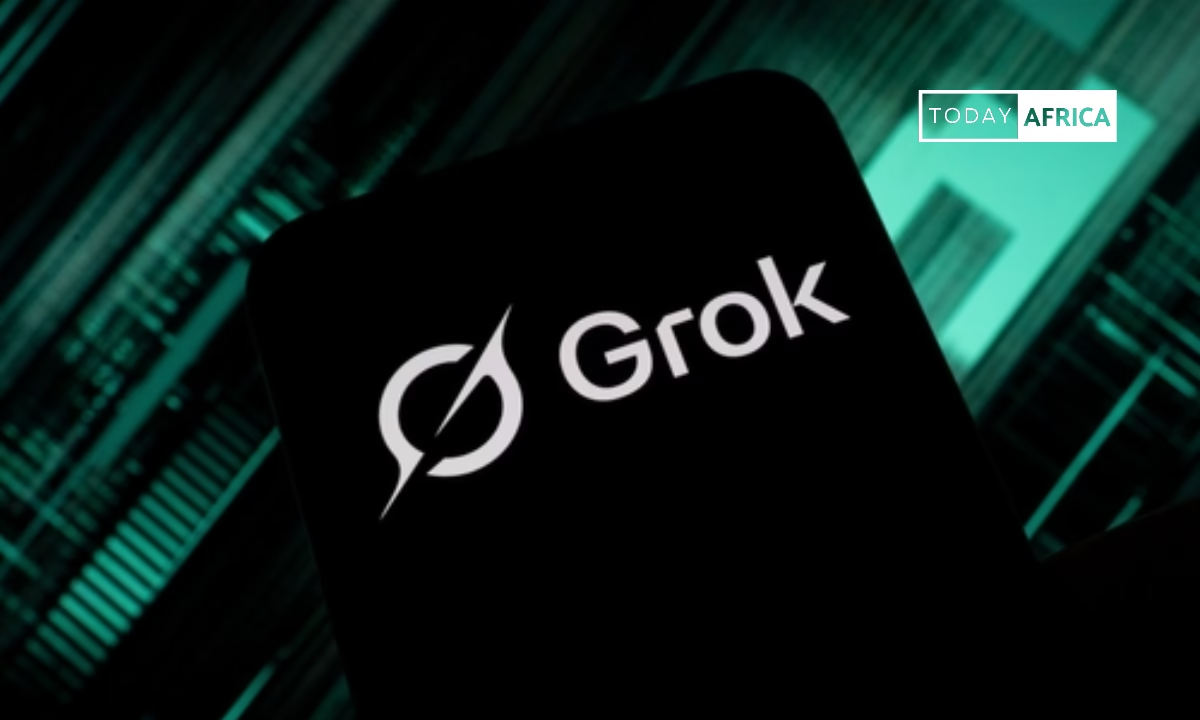Malawi partners Huawei, a global telecom services provider, to improve access to the Internet in rural and isolated communities.
The plan involves setting up technical training centres in rural areas to equip young people with essential digital skills, including artificial intelligence, cybersecurity, and smart agriculture solutions.
President Lazarus McCarthy Chakwera disclosed this on the sidelines of the Forum on China-Africa Cooperation Summit in Beijing, China. The initiative seeks to drive digital transformation in rural areas nationwide, enhancing connectivity and access to digital services.
With a population of just over 20 million, Malawi had 5.86 million Internet users at the start of 2024, reflecting an Internet penetration rate of 27.7%.
Read Also: MultiChoice to Combat Illegal Streaming Websites in South Africa
Per Statista, the number of households with Internet access in the country is expected to reach 640,000 in 2024, underscoring the need for initiatives like the Smart Village Initiative to bridge the digital divide in rural areas.
This move follows Huawei`s intention in July 2024 to establish a smart village in Uganda, including a network tower station, a solar power station featuring its digital power micro-grid solution, and a suite of smart classroom equipment.
Digital Malawi program
In September 2023, Malawi revealed plans to implement the Digital Malawi Program with the World Bank to accelerate digital transformation, promoting economic growth, innovation, job creation, and improved access to services and markets through ICTs.
In the same year, Huawei announced plans to invest $430 million over the next four years across 28 African countries — $200 million for cloud development, $200 million to strengthen local partnerships, and $30 million to train future digital professionals. The company also signed a MoU with Kenya to promote digital transformation.
Highlighting Chinese firmsʼ ongoing interest in African digital development, the government of Sierra Leone has also signed a $50 million agreement with Chinese state-owned global trading company and engineering firm China National Technical Import & Export Corporation to establish a SMART Sierra Leone Project.
The project aims to expand Internet connectivity to over 400,000 previously unconnected citizens, establish national data centres to manage and safeguard sovereign data and strengthen security measures for critical state infrastructure in the country’s capital, Freetown.
Leave a comment below and follow us on social media for more tips and updates:
- Facebook: Today Africa
- Instagram: Today Africa
- Twitter: Today Africa
- LinkedIn: Today Africa
- YouTube: Today Africa Studio
















